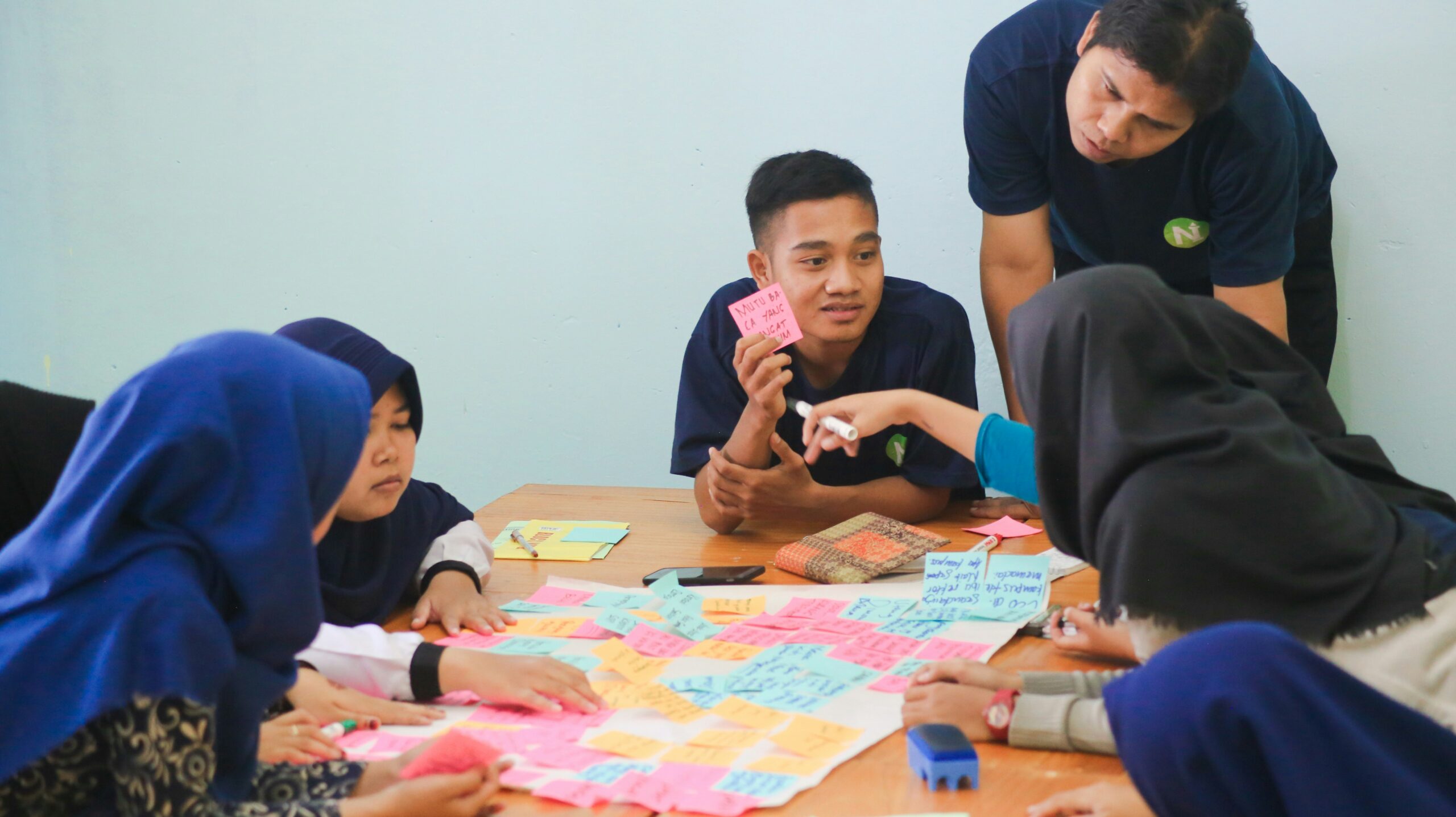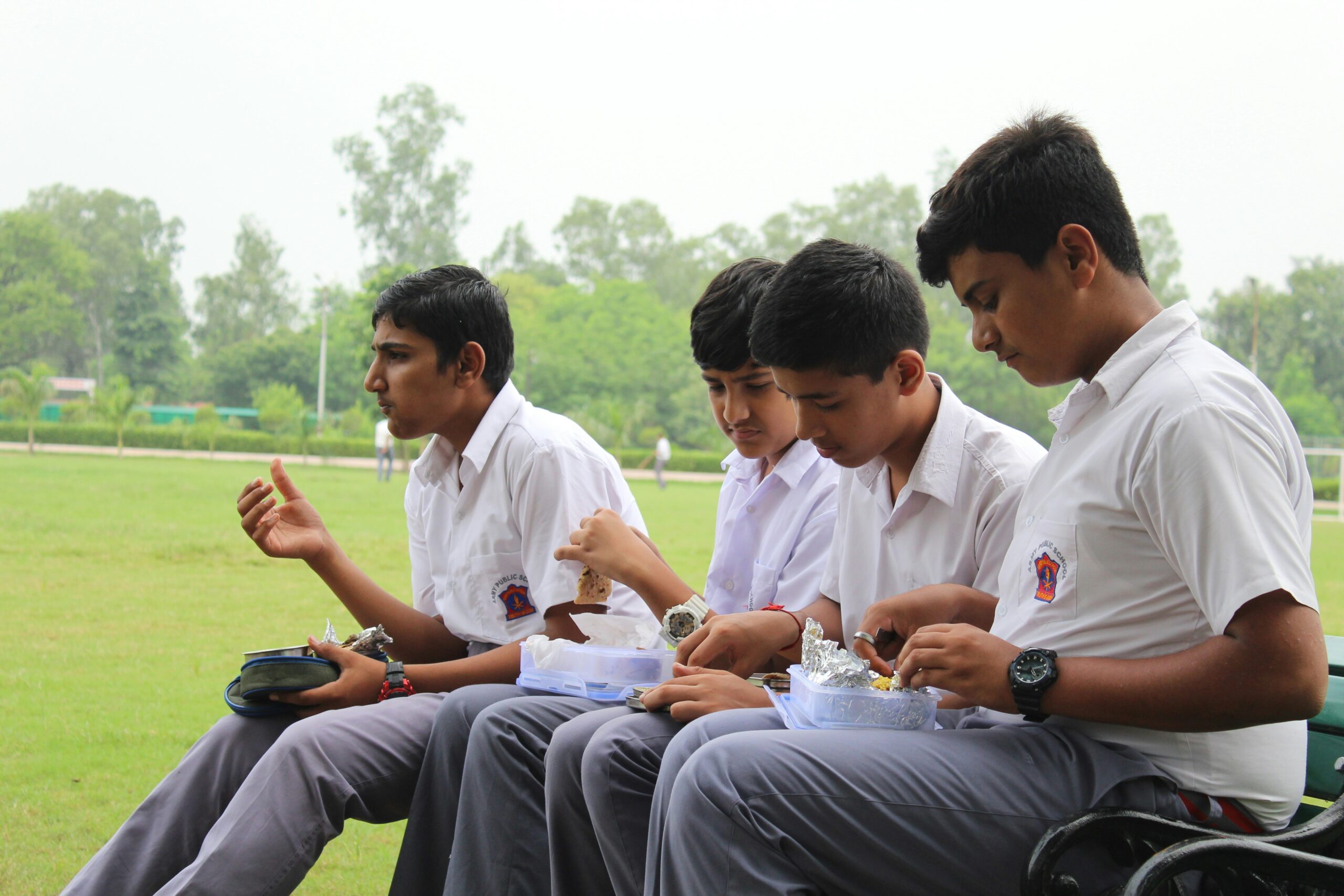Quality of the program
- Home .
- Quality of the program
Quality of the program (30%)


Program objectives
objectives consistent with those of PromoScience
This project aligns with PromoScience’s objectives to work with young Canadians to promote an understanding of science and engineering (including mathematics and technology) and motivate them, through interactive, hands-on experience, to pursue STEM studies and careers. The NVC team and mobile group offer interactive, hands-on STEM programs for K7-K12 students. Program activities complement and support the students’ regular school curriculum, making learning both fun and practical. NVC’s key objectives are to
Inspire youth with science and technology through engaging activities that go beyond the typical classroom experience.
Address the learning needs of underrepresented youth by bringing programs directly to their communities. Focus groups include girls, Black youth, children with disabilities, students from low-income families
Give all children the confidence and desire to succeed in their school science and technology curricula.
Break down barriers to higher education by providing youth with the opportunity to experience a college or university campus.
Plans to show how objectives will be attained
NVC will (a) strengthen existing and create new partnerships with other organizations, secondary schools, students and parents, organizations serving the NCR community, and other stakeholders; (b) recruit exceptional university science students from underrepresented communities (black community, language minorities, girls), to deliver program activities; (c) deliver fun, interactive STEM-enrichment activities and offer homework help, (d) develop and periodically assess activities; (e) introduce participants to the accomplishments of scientists and entrepreneurs; (f) visit science centres and industry lab/work spaces to expose students to fun and practical STEM applications; (g) invite the community to celebrate the participants’ achievements; (h) provide prizes as incentives for participants; (i) continually seek feedback from participants, mentors, community (parents), and stakeholders on ways to improve program content;
NVC is enhancing its current introductory coding programs to provide more rigorous and in-depth technology experiences for students. The goal is to prepare them for STEM programs in post-secondary education. The organization also plans to expand these programs to new regions, reaching those who have not yet had the chance to participate. By creating a safe and supportive learning environment, the centre aims to foster a desire for life-long learning. The programs, which initially focused on coding, are evolving to include electronics and robotics. This fluid model is designed to be more attractive to participants and further motivate them to pursue STEM careers.
Need for the program
We seek to empower underrepresented youth by building their leadership and entrepreneurial skills from an early age. By helping them develop technology-focused business plans and careers, we can significantly increase their participation in the tech industry. This effort aims to create a more inclusive Canadian technology ecosystem, leading to greater representation of women and Black entrepreneurs in leadership positions. Our training exposes students to culturally relevant examples of successful digital businesses and teaches them the skills needed to succeed in STEM fields.
Our approach fosters awareness, interest, and accessibility to a wide range of career paths.



Program Content
(i) Our technical team and partners coordinate planning of sessions, participate actively in workshops, summer camps activities; (ii) colleges / Universities’ students are hired as mentors to deliver STEM enrichment activities to participants; (iii) Information sessions are held to inform educators, parents and students of the NVC Program, aims and events. Our Technical Destination program is comprised of 2 activities:
Session plans and 3D demonstrations are presented to demonstrate intriguing coding and design concepts; educator and mentors provide guidance, from concepts to practical demonstrations. Participants will complete workshops during their core science or computer science and engineering class, facilitated by a representative role model/facilitator. Participants will learn fundamental computer programming concepts and learn how to perform 3D modeling and graphic design. The program culminates sessions that integrates learnings in graphics, 3D modelling, and programming to produce an animation about the engineering. Our camps have expanded to include basic principles of electronics and computer science, more advanced topics, as well as higher-level mechatronics and robotics coding. The instructional and assessment tools used in the program (e.g., hands-on exercises, demonstrations, games, discussions, assignments, critical reflections) are designed to support diverse learning styles. In the final workshop, students will receive the visit of a known senior scientist, entrepreneur, engineer to discuss pathways to STEM studies, STEM careers and celebrate learning and achievements.
Participants are divided into small groups or teams to compete in creating and presenting an innovative project. This can be anything from a robotic object or drone to a computer program or other technology. After two to three days, the teams submit their projects to a jury for evaluation. Outstanding works and accomplishments are celebrated with prizes ($600 each).
The community centres in particular direct their outreach toward newcomers, girls, and participants from low income neighbourhoods in terms of socioeconomic status.
Focus on the natural sciences and engineering
The camps introduce youth to higher order and fun hardware applications to make software engineering more engaging and accessible to all.
Differences from other groups (i.e., originality/creativity)
Many introductory coding programs for kids use visual, “point and click” interfaces that are great for generating initial interest. However, these programs often lack the depth needed to develop true coding skills. Our camps go further by providing an in-depth exploration of core coding concepts. We offer a high-quality, cutting-edge curriculum taught by college faculty and students. Our programming is focused on interactive activities, practical demonstrations, creativity, labs.

